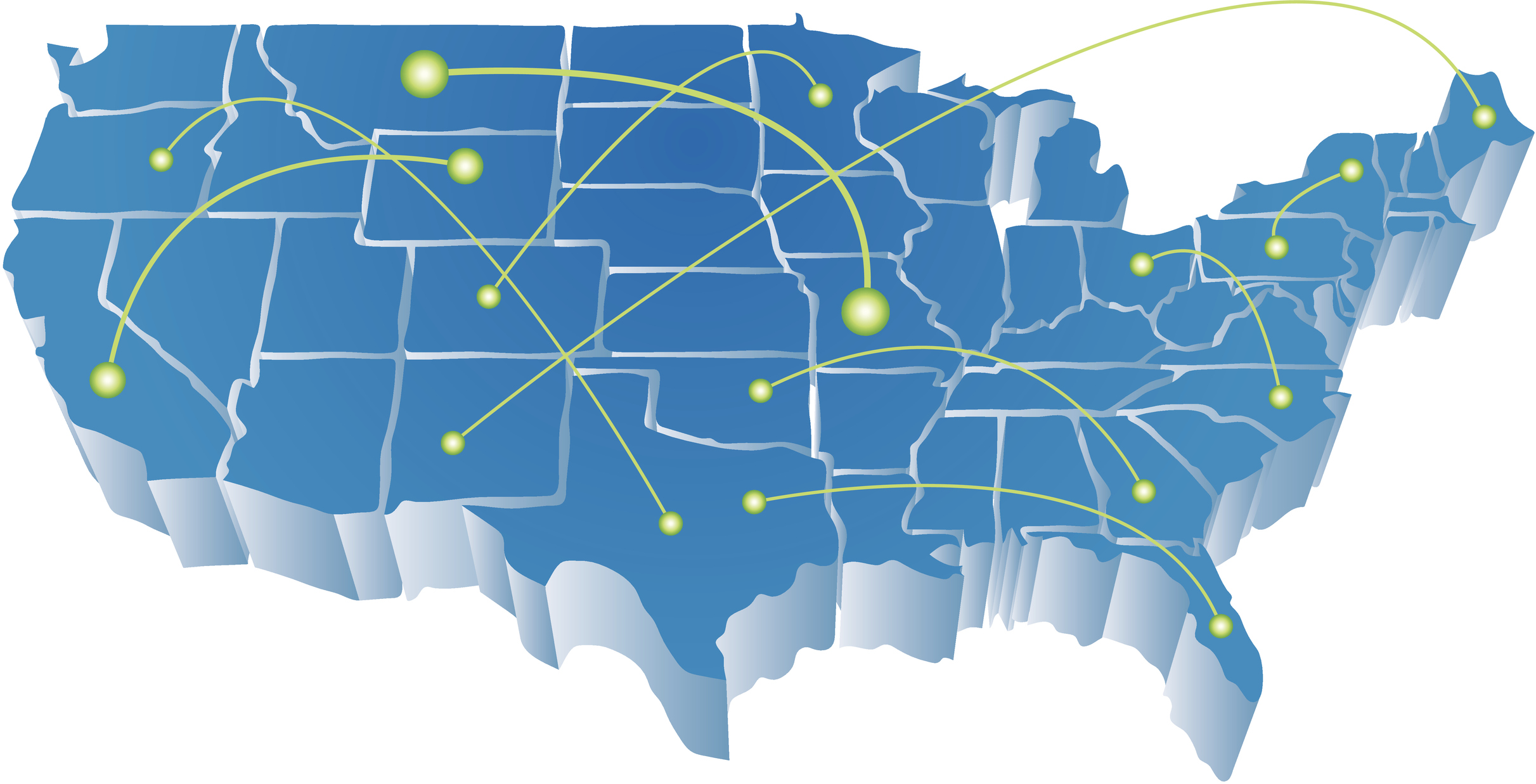A federal appeals court has overturned Ajit Pai's attempt to take broadband subsidies away from tribal residents.
The Pai-led Federal Communications Commission voted 3-2 in November 2017 to make it much harder for tribal residents to obtain a $25-per-month Lifeline subsidy that reduces the cost of Internet or phone service.
The change didn't take effect because in August 2018, the US Court of Appeals for the District of Columbia Circuit stayed the FCC decision pending appeal. The same court followed that up on Friday last week with a ruling that reversed the FCC decision and remanded the matter back to the commission for a new rule-making proceeding.
"[S]ince 2000, low-income consumers living on Tribal lands may receive an additional $25 per month for these services through the Tribal Lifeline program in recognition of the additional hurdles to affordable telecommunications service on Tribal lands," the court's decision noted.
The Pai FCC's 2017 decision would have limited the $25 subsidy to "facilities-based" carriers—those that build their own networks—making it impossible for tribal residents to use the $25 subsidy to buy telecom service from resellers. The move would have dramatically limited tribal residents' options for purchasing subsidized service, but the FCC claimed it was necessary in order to encourage carriers to build their own networks.
The same FCC decision also would have eliminated the $25 subsidy in urban areas, reserving it only for tribal lands in rural areas. The court's decision Friday, in response to an appeal filed by tribal organizations and small wireless carriers, overturned both of these limitations.
A three-judge panel said the FCC failed to consider that facilities-based providers have been leaving the Lifeline program and provided no evidence that banning resellers would spur new broadband deployment. The FCC also failed to properly consider how eliminating the subsidy in urban areas would affect consumers, judges determined.
The judges wrote:
For the following reasons, we grant the petitions for review. The Commission's adoption of these two limitations was arbitrary and capricious by not providing a reasoned explanation for its change of policy that is supported by record evidence. In adopting the Tribal Facilities Requirement, the Commission's decision evinces no consideration of the exodus of facilities-based providers from the Tribal Lifeline program. Neither does it point to evidence that banning resellers from the Tribal Lifeline program would promote network buildout. Nor does it analyze the impact of the facilities requirement on Tribal residents who currently rely on wireless resellers. Further, the Commission ignored that its decision is a fundamental change that adversely affects the access and affordability of service for residents of Tribal lands. Similarly, in adopting the Tribal Rural Limitation, the Commission's decision evinces no consideration of the impact on service access and affordability. Its decision does not examine wireless deployment data related to services to which most Tribal Lifeline recipients subscribe.In addition, the FCC "failed to provide an adequate opportunity for comment on the proposed limitations," judges wrote. Lifeline is paid for by Americans through fees imposed on phone bills. The $25 subsidy involved in the court case is provided to low-income Tribal residents in addition to the typical Lifeline subsidy of $9.25 per month.


